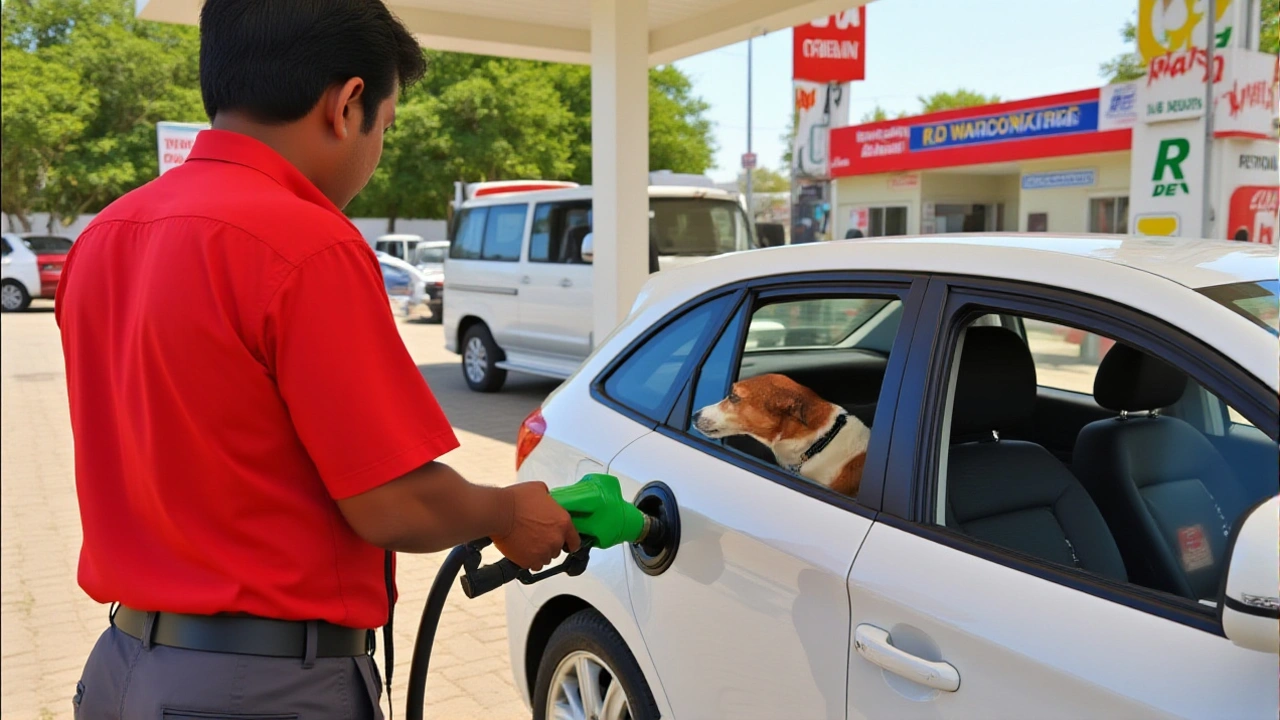Fuel Price Stability: What It Means for African Households and Economies
When we talk about fuel price stability, the consistent and predictable cost of petrol, diesel, and other fuels over time. It's not just about filling up your car—it's about whether your bread, bus fare, or generator-powered fridge stays affordable. In many African countries, a sudden jump in fuel prices ripples through everything: food gets more expensive, public transport gets pricier, and small businesses shut down because they can’t afford to run their delivery bikes or generators.
Fuel costs, the actual price paid at the pump for petrol and diesel are often tied to global oil markets, currency swings, and local taxes. But in places like South Africa, Nigeria, and Kenya, governments sometimes step in to cushion the blow—either by subsidizing prices or delaying hikes. That’s where energy policy, the set of rules and decisions governments use to manage how energy is produced, distributed, and priced becomes critical. A stable energy policy means people can plan their budgets. A shaky one means panic buying, protests, or worse—people choosing between cooking meals and filling up their cars.
Some countries get it right by building buffer stocks, using smart pricing formulas, or investing in alternatives like biofuels. Others just react when prices spike, leaving citizens to pay the price. You’ll see this play out in the stories below: how a fuel hike in Lagos shut down markets for days, how a steady price in Ghana helped small traders survive, and why a single policy change in Cape Town saved thousands from going without power. These aren’t abstract economic terms—they’re real choices that decide whether your child gets to school, your shop stays open, or your phone charges at night.
What follows isn’t just news—it’s a collection of real moments where fuel price stability made the difference between survival and struggle. You’ll find reports from the ground, government moves that backfired, and the quiet heroes who kept things running when the pumps ran dry.
